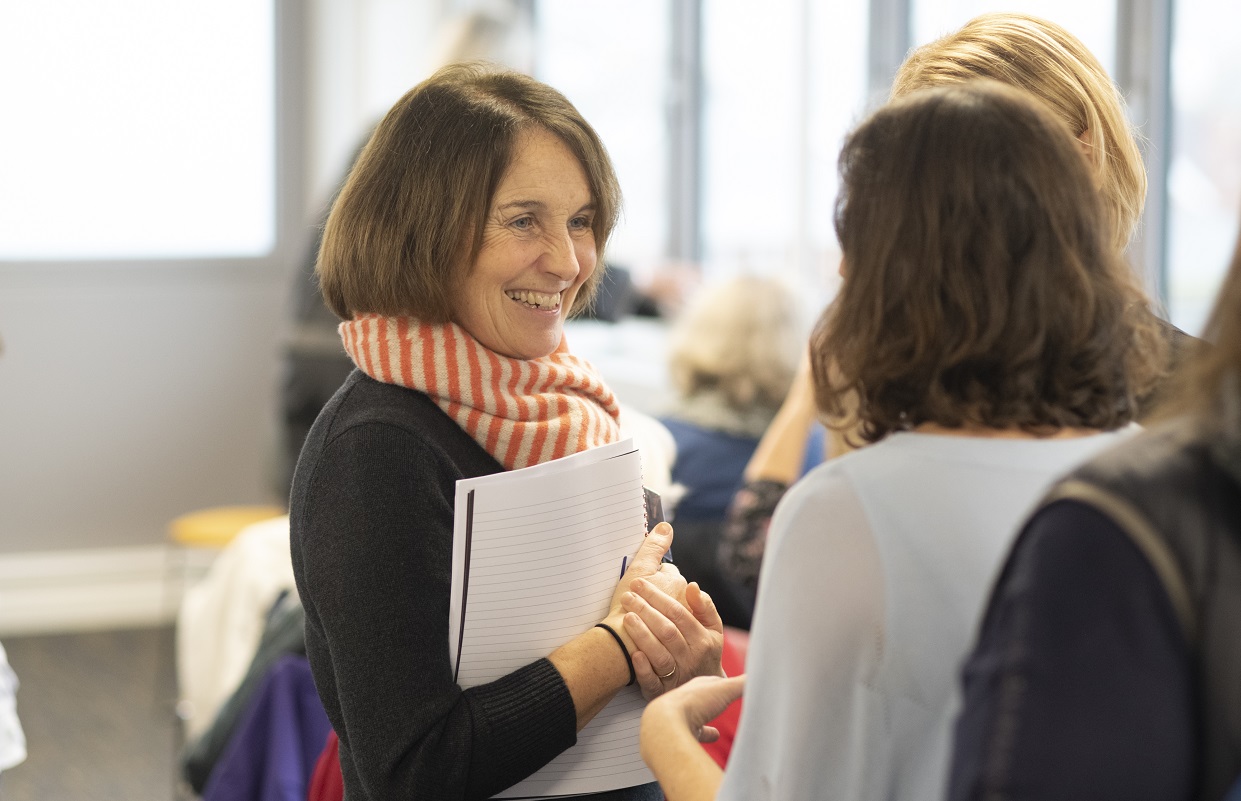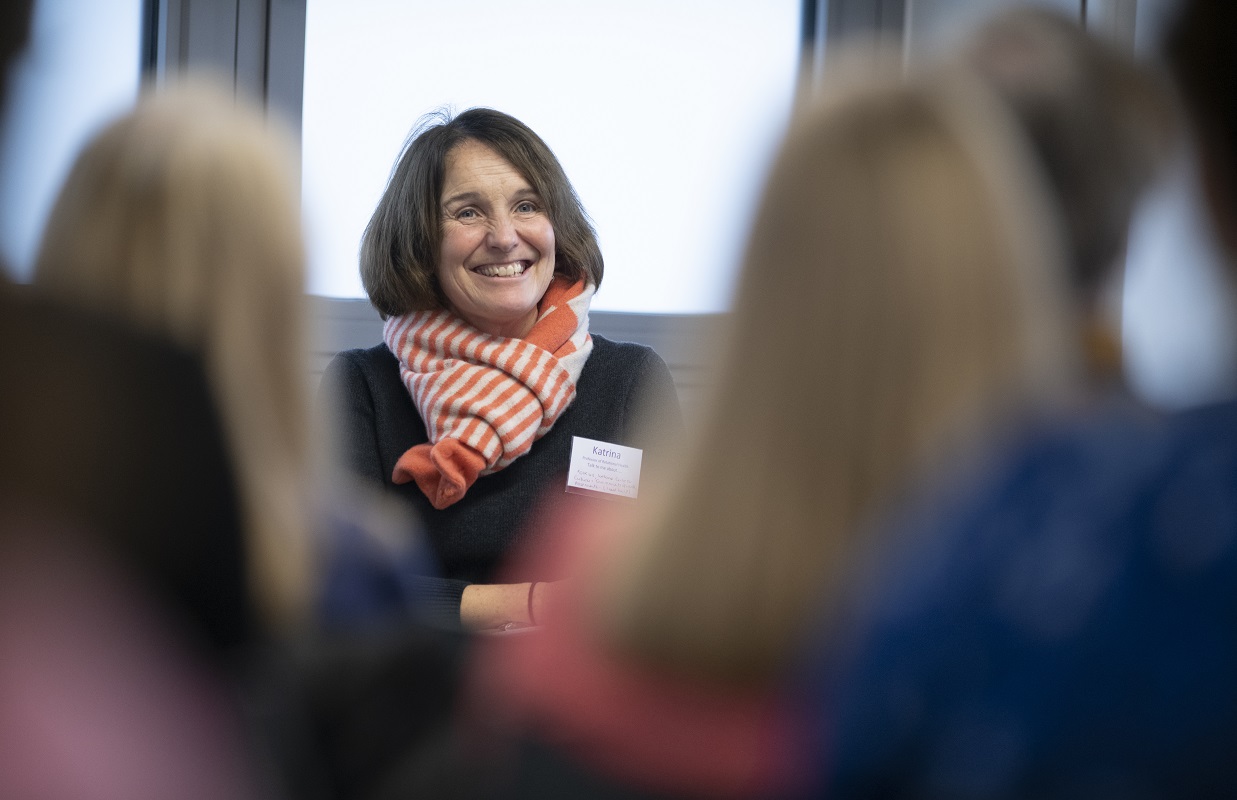We are delighted to announce that Professor of Relational Health Katrina Wyatt has been appointed to the role of Theme Lead for Public health.

The pandemic has thrown a new focus on Public health, one of our research themes in which, as an NIHR Applied Research Collaboration, we work to address the most pressing healthcare concerns of people living in the South West. Katrina will bring her wealth of experience and expertise to the role of Theme Lead for Public health.
Our Public health research actively brings communities and service providers together to understand the nature of issues and develop ways of working in partnership to address them, particularly in the areas of COVID-19, social prescribing, end of life care, childhood obesity and mental health in children and young people.
We asked Katrina to tell us about her hopes and aspirations for the direction of Public health research at PenARC:
Why does applied Public health matter?
Most of our health comes from the environments and cultures of the places we work and live. Understanding how we can create health-enhancing environments where people feel connected and listened to, is central to addressing the societal issues that are calling for a ‘public health approach’.
Whilst there’s widespread recognition of the need for a whole-systems approach to supporting health, there’s very little evidence for what it looks like in practice. Unless we start working with, rather than doing to, communities experiencing inequalities, we will, at best, maintain the status quo. And at worst, we could widen existing inequalities. Public health needs policies which are sensitive and adaptive to local context and start with what people living and working in an area or workplace identify as the barriers to health.
What opportunities do you see for this role and public health?
PenARC provides a fantastic environment for this work – it’s always had ‘engagement by design’ as a core tenet. PenARC works with diverse stakeholders and communities across Devon and Cornwall. This allows us to experiment with new ways of working and then to spread the learning more widely. ‘More of the same’ can’t deliver the transformation to people’s health and wellbeing that’s needed; we need to find new ways of working with communities to understand and address the barriers to living well.
What do you hope to bring to this role?
I feel that the term ‘Public health Approach’ has become ubiquitous. It is being called for as an approach to address deep-seated societal issues like gambling, modern day slavery, end of life care and violent crime. Whilst all have a focus on prevention, and understanding the causes of these issues, the role of affected communities in addressing them is less well articulated.

Understanding how we create the conditions for health in under-served communities is central to addressing the widening gap in health inequalities. I hope that the work we are doing with communities and key stakeholders such as the police, housing, health and social care will create an evidence base for health-creating environments.
Tell us about some recent research that you’ve been involved with that you feel is making a difference to Public health
We’ve been working on research around End of Life care. This is really valuable, as COVID-19 has meant that people have died medicalised deaths, often alone in hospitals cut off from their families. Our work is supported by an NIHR End of Life Care Award and is linked to the new Lancet Commission on The value of death which sets out a vision for death and dying with greater community involvement alongside health and social care services, and increased bereavement support. Working with the Wellcome Centre for Cultures and Environments of Health we’re looking at how we can create the conditions for living, dying and grieving well, with a focus on communities marginalised by poverty.
Another research project making a difference is one we’re carrying out in partnership with the Connecting Communities (C2) Programme around a Public health approach to Policing. We’re working with Devon and Cornwall Police and the Scottish Violence Reduction Unit to look at how we can create community-led service provider partnerships which address the local issues causing ill health by improving relations within communities and with service providers.
The Health Promoting Secondary Schools project is also helping to create change. Following on from the development and evaluation of a novel obesity prevention programme in primary schools we’ve been looking at creating a series of processes to help secondary schools identify local barriers to school health and wellbeing and reflect on changes they can make to create health promoting environments. Our work is being supported by a young person’s advisory group who help us reflect on the research and how it is delivered which brings a new energy to our research.
Find out more about all of our Public health projects
***
Video: A new vision for death and dying | The Lancet Commission on the Value of Death
